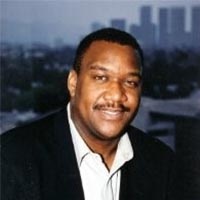Philmont DUI-DWI Lawyer, New York
Sponsored Law Firm
-
 x
x

Click For More Info:
-
Law Office of Mark S. Guralnick
55 Madison Avenue 4th Floor Morristown, NJ 07960» view mapCriminal Defense Law Dedicated. Fearless. Successful.
Mark S. Guralnick and his legal team have helped clients throughout the USA and across the world by applying unparalleled dedication and hard work to each case.
800-399-8371
Fred Clarke
✓ VERIFIEDDivorce & Family Law, Family Law, Child Support, Adoption, DUI-DWI
Let The Healing Begin
A caring and compassionate attorney: For two decades before I became an attorney I worked for some of the largest corporations and government agencies... (more)
FREE CONSULTATION
CONTACTJames E. Tyner
Traffic, White Collar Crime, Felony, DUI-DWI, Criminal
Status: In Good Standing Licensed: 22 Years
Michael Pollok
Criminal, Motor Vehicle, Juvenile Law, DUI-DWI
Status: In Good Standing Licensed: 31 Years
FREE CONSULTATION
CONTACTFREE CONSULTATION
CONTACTThomas Joseph Melanson
Criminal, Felony, DUI-DWI, Misdemeanor, White Collar Crime
Status: In Good Standing Licensed: 20 Years
FREE CONSULTATION
CONTACT Mark Guralnick Morristown, NJ
Mark Guralnick Morristown, NJ AboutLaw Office of Mark S. Guralnick
AboutLaw Office of Mark S. Guralnick Practice AreasExpertise
Practice AreasExpertise

